
UDK: 616.72-002.772: 616.61-07: 616-008
V.A. Aleksandrov1,2, L.N. Shilova1, A.V. Aleksandrov1,2
1ФГБОУ ВО «Волгоградский государственный медицинский университет» Министерства здравоохранения Российской Федерации, кафедра госпитальной терапии; 2Научно-исследовательский институт клинической и экспериментальной ревматологии имени А.Б. Зборовского
The article is devoted to the assessment of the relationship between the serum concentrations of angiopoietin-like proteins of types 3 and 4 (ANGPTL 3 and 4) and the development of renal dysfunction in patients with rheumatoid arthritis (RA) with metabolic changes. We examined 158 patients with RA (91,8 % – women and 8,2 % – men) aged 21 to 80 years old with the average duration of diseases – 9 [4–15] years. Negative correlations of average strength between the indices of the estimated glomerular filtration rate (eGFR) according to the 2009 CKD-EPI formula and the level of ANGPTL 3 (r = –0,32, p < 0,001) and ANGPTL 4 (rS = –0,31, p < 0,001) were revealed. It was found that renal dysfunction and the presence of metabolic syndrome (R2 = 0,33) are the two factors which have a direct effect on the ANGPTL 4 concentration in RA patients’ serum. ANGPTL type 4 should be considered as a key factor linking the development of renal dysfunction and metabolic changes caused by rheumatoid inflammation.
rheumatoid arthritis, angiopoietin-like proteins, glomerular filtration rate, metabolic syndrome.
Александров Владислав Андреевич – ассистент кафедры госпитальной терапии, Волгоградский государственный медицинский университет, e-mail: alexandrow666@mail